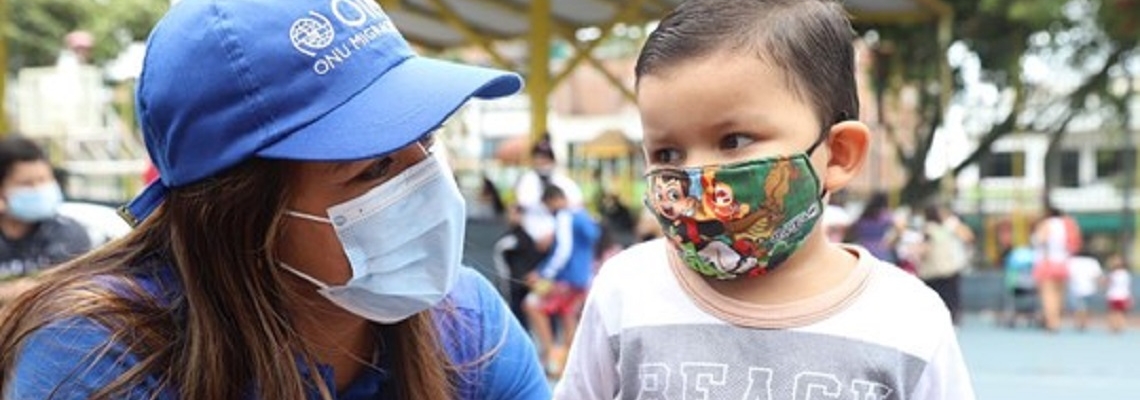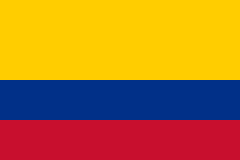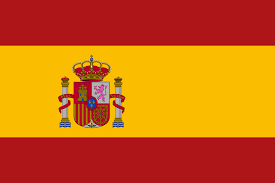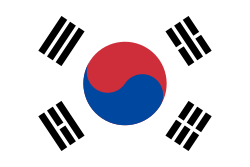IOM Vision
IOM, in partnership with other key strategic actors, seeks to strengthen institutional and community capacities on preparedness and response for crisis situations in Colombia, including public health emergencies, to reduce the risks and vulnerabilities of affected populations (internally displaced persons (IDPs), former combatants, migrants and host communities) and support sustainable recovery, community stabilization and peacebuilding at national and local levels. These humanitarian, recovery and peacebuilding response strategies are part of the IOM Colombia Country Program for 2021-2024 approved by the Government of Colombia and cover three strategic areas: (i) stabilization, peace with legality, (ii) migration as a development factor, and (iii) catalyzing the Sustainable Development Goals (SDGs).
|
IOM aims to improve access to life-saving primary health care services through:
- Building the capacity of civil society organizations to implement actions with a psychosocial approach with conflict affected communities;
- Scaling up access to health services in the context of the response to the COVID-19 pandemic, including mental health care, through support to local health institutions to improve case management, train health workers to improve infection prevention and control (IPC) in health care settings, and implement risk communication and community engagement activities based on health community networks;
- Promoting access to COVID-19 vaccines for IDPs, host communities and vulnerable populations, supporting vaccine supply chain management, providing vaccine service delivery with mass campaigns and routine immunization programmes, strengthening vaccination data collection and monitoring, and providing trainings for vaccinators and supervisors hired by local hospitals or by IOM on proper infection prevention and control, supply chain management and data collection.
|
|
IOM’s programming aims to reduce threats to and vulnerabilities of children, adolescents, and youth at risk of recruitment, through the following activities, in consultation and collaboration with communities:
- Strengthening and expanding child protection mechanisms through capacity building of stakeholders like family members and communities, to recognize recruitment risks and implement actions to reduce the risks.
- Awareness raising and dissemination activities to strengthen community capacities to protect children, adolescents, and youth at risk of recruitment.
- Training of children, adolescents, and youth on their rights, protection, and self-protection against recruitment.
- Promote the Prevention of Sexual Exploitation and Abuse (PSEA) on IOM partners and staff.
|
Includes funding which supports multi-sectoral interventions or cannot be attributed to a specific activity area.
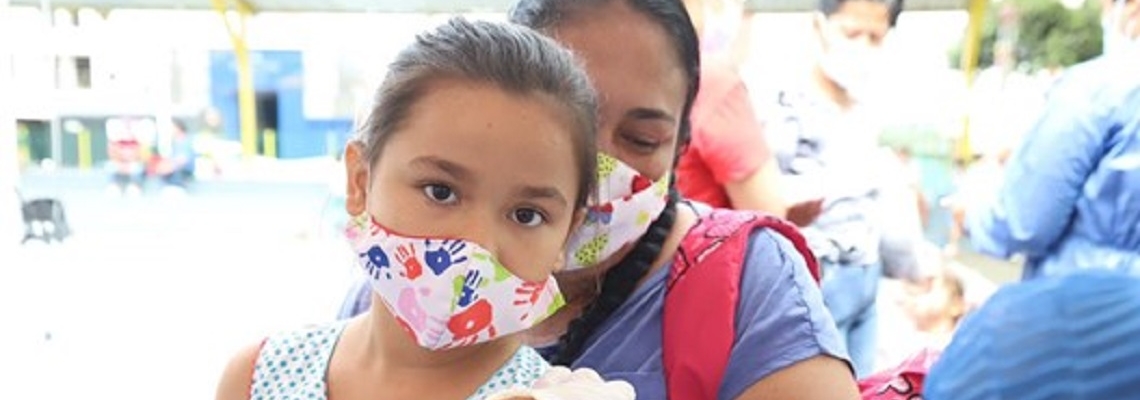
Vaccination Campaign implemented by IOM in the municipality of Bucaramanga. @ Bucaramanga Health Institute/Sergio Mantilla, 2021
|
Rural areas have been affected by violence and members of their communities have lost trust in authorities due to the ongoing armed conflict. IOM programming with the aim of community stabilization includes:
- Supporting state entities and institutions in developing a network to strengthen coverage, access, and quality in education for communities affected by violence, including ethnic groups, with the active participation of educational institutions and communities;
- Strengthening care, prevention and protection access regarding GBV through the training of public officers and community leaders on differential approaches (gender and ethnic) for communities and victims of violence;
- Providing technical assistance to local authorities to improve their violence and recruitment prevention capacities to prevent and protect children and adolescents from recruitment;
- Strengthening social and community resiliency capacities that improve their trust in institutions through the training of survivors of violence in effective communication skills, conflict management and leadership skills, and promotion of their participation in institutional and community spaces;
- Strengthening the capacities of ethnic communities in self-management and access to co-creation spaces for their ethno-development;
- Enhancing strategic communications through a culture of peace for social cohesion;
- Promoting job trainings and skills for employability, entrepreneurship, and for the creation and strengthening of local rural and urban enterprise, to contribute to social and economic stabilization of conflict survivors, as well as host communities.
|
Mental health and psychosocial support in transition and recovery
|
The persistence of human rights violations due to the long-standing armed conflict requires the adoption of measures by the State in areas of assistance, attention, reparation, prevention, and protection of survivors of violence.
IOM will contribute to peacebuilding and reparations for survivors of violence through:
- Training of health care providers in MHPSS skills. i.e., Psychological First Aid (PFA), active listening, intercultural communication, stress management and positive coping mechanisms, basic mental health and psychosocial support, and attention to victims of GBV.
- Implementation of a comprehensive and context-specific mental health and psychosocial community resilience strategy in coordination with the GoC, local authorities and the community, in contribution to the measures of reparation by the government to survivors of violence. This includes family and community-based interventions, through the Comprehensive Health Care Protocol with a Psychosocial Approach to Victims of the Armed Conflict, and the implementation of the Psychosocial Community Rehabilitation Strategy for Coexistence and Non-Repetition of the National Psychosocial Rehabilitation Plan for Coexistence and No-Repetition.
|
Peacebuilding and peace preservation
|
Despite the many gains throughout the years, peace and stability are negatively affected by the recidivism of former combatants, institutional weaknesses and the recruitment of children and adolescents by non-state armed groups. Aligned with government-led processes, IOM will contribute to peacebuilding through:
- Supporting the positive reintegration of former combatants and their families with income generation activities, training, gender-based violence (GBV) prevention, and strategies to overcome stigmatization and promote social cohesion in targeted communities;
- Providing technical assistance to the entities comprising the Comprehensive System of Truth, Justice, Reparation and Non-Repetition (SIVJRNR) and promotion of the participation of survivors of violence, victims, and former combatants;
- Providing technical assistance to territorial entities and organizations in the implementation of the victims law;
- Strengthening follow up capacities of territorial entities regarding commitments within the peace agreement;
- Providing technical assistance to Colombian state institutions in implementing strategies and tools to promote peaceful coexistence in the territories through a social violence prevention approach;
- Supporting the recovery of protective environments such as family institutions and/or communities through psychosocial support; respect for the rights of children, adolescents, and young people; generating initiatives for conflict resolution and behaviour to reduce GBV and domestic violence; and violence against women and children caused by mobility restrictions due to the COVID-19 pandemic;
- Providing technical assistance and strengthen territories in providing formal land tenure to affected populations, allowing access to various rural services like credit and subsidies.
- Promoting the participation and influence of diverse young women in civic spaces for peacebuilding, to make them more effective on conflicts management and peace consolidation.
|
|
The persistence of human rights violations due to the continuity of the multifaceted conflict requires the adoption of measures by the State in the areas of assistance, attention, reparation, prevention and protection. IOM programming contributes to the improvement of support to victims through:
- Assisting the GoC in implementing the Comprehensive Health and Psychosocial Care Program for Victims of the Armed Conflict (PAPSIVI in Spanish), particularly within the framework of the module to benefit the ethnic victims of armed conflict, to improve the access of communities to mental health services.
- Strengthening institutional efforts to promote scenarios for dialogue and consultation with victims of armed conflict and ethnic groups.
- Technical assistance to territorial entities and organizations in the implementation of the victims´ law.
- Strengthening the capacities of the Ministry of Interior for planning, managing and monitoring the implementation of the victims´ policy and the assistance and reparation processes at the local level, through information systems.
|
Health system strengthening
|
To strengthen the health system in the country, health professionals, as well as local and national entities, will benefit from:
- Capacity-building activities, including improved capacity to respond to the specific needs of survivors of violence, such as upgrading GoC tools for the implementation of psychosocial rehabilitation measures and supporting the Ministry of Health in the integration of psychosocial care into the general health insurance system
- Improvement of psychosocial services delivered by Government institutions operationalizing policy instruments and developing Mental Health and Psychosocial Support tools for survivors of violence.
- Strengthening the Ministry of Health through human resources to facilitate advocacy and policy support and ensure access to Primary Health Care services and vaccination for vulnerable populations.
|
Operational presence in
Colombia
The map used here is for illustration purposes only. Names and boundaries do not imply official endorsement or acceptance by IOM.
Figures are as of 31 December 2023. For more details of IOM's operational capacity in country, please see the IOM Capacity section.


